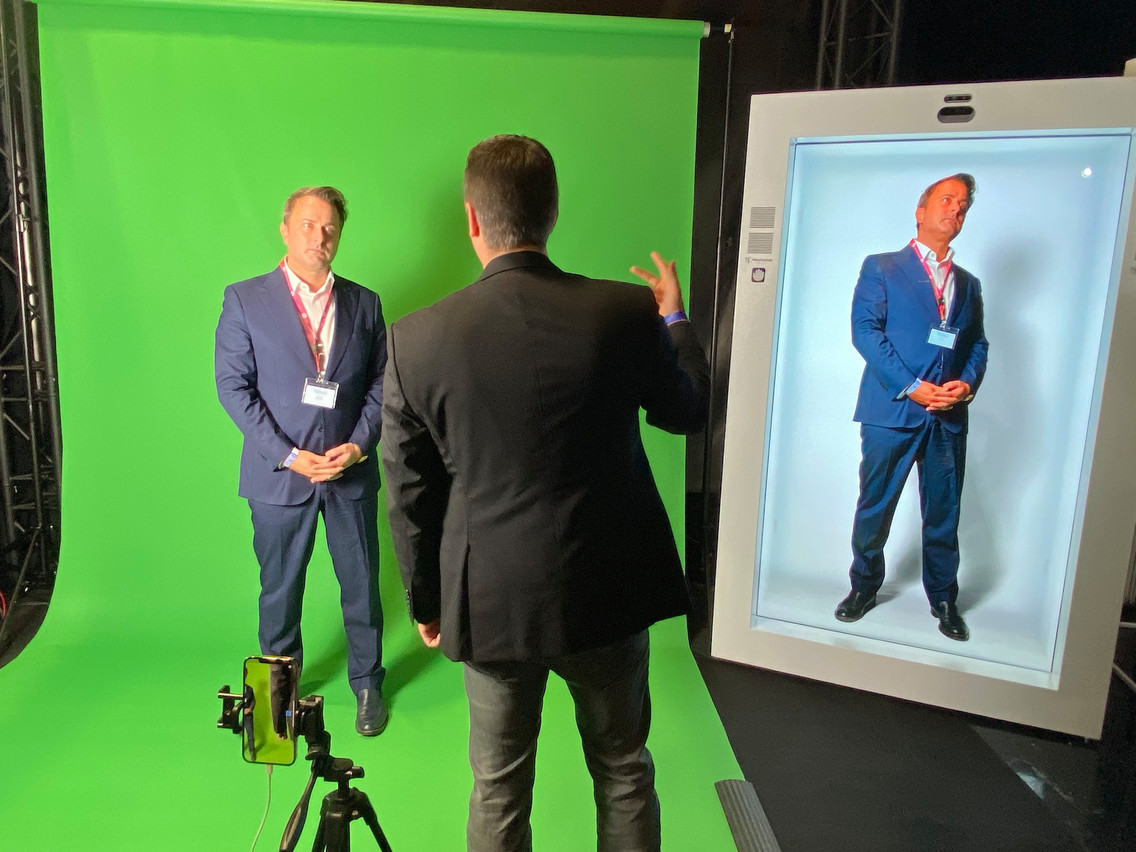On Monday night, linked to a misconfiguration of Facebook’s servers deprived Facebook, Instagram and Whatsapp users of their favourite sources of entertainment. It was almost an international drama. On Tuesday morning, at the opening of , the three-day conference organised by the Media and Communications Service, prime minister Bettel commented on the outage with a touch of irony.
“Last night, parents had to reassure their children: Facebook will come back, Instagram will work again, Whatsapp will soon be back,” said the head of government.
Five objectives, additional measures
Bettel was presenting his new strategy on ultra-high speed connectivity for 2021–25, entitled “High performance connectivity for all”, with the Facebook outage coming in at the right time. While the minister for media and communications once again praised the vision of Jean-Louis Schiltz (CSV), to whom Luxembourg owes the fact that it now has a first-rate infrastructure, there are widening gaps between those who have perfect connectivity and those who are still largely deprived of it. “For me, this is not a question of technology, but a social issue,” the prime minister assured us, paraphrasing the introduction to the 24-page (recyclable) paper outlining his strategy.
Deploying infrastructure is a very expensive exercise for telecoms operators and connecting the “forgotten” consumers is the most expensive activity.
“The acceleration and pervasiveness of digitalisation makes broadband coverage essential to our daily lives: teleworking, home schooling, social contacts, access to media and information, culture, health services, shopping and entertainment. We all saw it during the lockdown,” he said.
The strategy has five self-imposed objectives: to provide connectivity to all regardless of the end-user’s financial situation; to accelerate the transition to more efficient and sustainable technologies--40% of households have no access to the internet or a poor quality connection; to accelerate the deployment of a future-oriented infrastructure that respects technological neutrality; to increase transparency and strengthen consumer protection; and to position Luxembourg as an ideal launch zone for the ICT service providers of today and tomorrow.
In each case, the targets are accompanied by certain “additional” measures, which will have to be implemented to ensure that every household has good connectivity. Furthermore, public support on both national and European levels should accompany the transition to very high capacity networks (VHCN). Comprehensive regulation should ensure that consumers become informed consumers of both connectivity and service providers. Finally, the market will be monitored to ensure that it remains competitive.
This new strategy joins those on cybersecurity, cyber defence, artificial intelligence, the data-driven economy, the digital and sustainable economy and eGovernance. All, in one way or another, are under the control of the prime minister, as he reminded us on Tuesday morning when he mentioned the vertical approach he shares with Angela Merkel’s Germany.
“Today, the internet is like electricity,” said the conference chairperson, Peter Poehle, at the start of the conference. And nobody today would want to live without electricity.
This story was first published in French on . It has been translated and edited for Delano.
